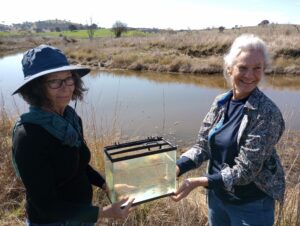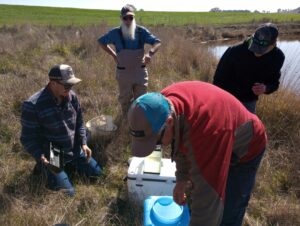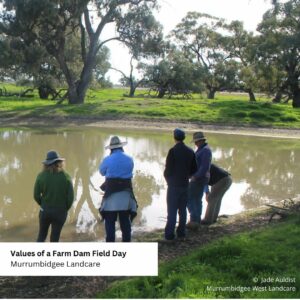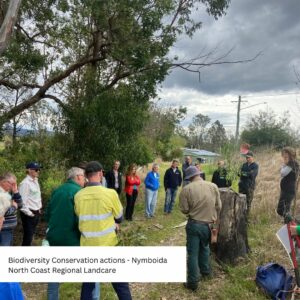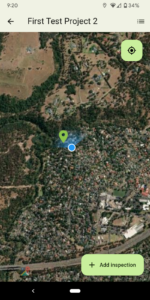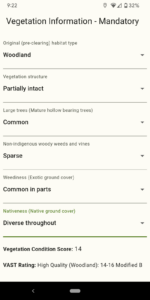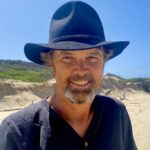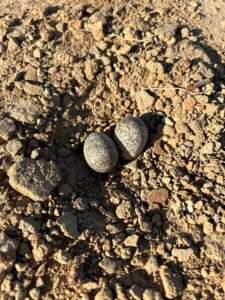Media Release: Released by Minister for Agriculture, Minister for Western New South Wales:
MILESTONE REACHED IN DOUBLING LANDCARE FUNDING
The NSW Government has today reached another milestone in its election commitment to double the funding for Landcare in NSW, with an investment of $8.2 million being delivered.
During the state election the NSW Government committed to providing $59 million in funding over the next four years ensure Landcare can expand and continue its vital work rehabilitating the state’s natural environment.
The $8.2 million announced today will be used by Landcare NSW to:
- Fund the employment of up to 7.5 full-time equivalent staff to provide centralised support to host organisations and coordinators funded through the Program.
- Establish a Shared Services Hub that provides centralised support to host organisations and coordinators funded under the Local and Regional Coordinators Grants across a range of business services, but specifically administration and human resources.
- Implement and manage a state Community of Practice including Landcare state gatherings, conferences and regional events.
- Implement and manage a Digital Landcare solution to improve reporting processes and knowledge sharing for program participants.
- Develop and maintain strategic partnerships and leverage investment, to increase Landcare’s self-sustenance and reduce reliance on direct NSW Government funding over the medium to longer term.
For more information about the NSW Landcare Enabling Program, visit the Local Land Services website: www.lls.nsw.gov.au/landcare-program
Agriculture Minister Tara Moriarty said:
“This funding to Landcare NSW will support host organisations, coordinators and support roles that will enable this program to achieve essential environmental and agricultural productivity outcomes over the next four years.
“Landcarers, primary producers and the environment will all benefit from this funding to Landcare NSW, as coordinators and Landcare groups will have more capacity to support the delivery of on-ground projects.
“A key part of the funding will allow Landcare NSW to increase its self-sustenance and reduce reliance on direct NSW Government funding over the medium to longer term.
“I am very passionate about Landcare and the important role they play in protecting the environment, and supporting agricultural productivity in our communities so it gives me great pleasure to announce this funding.”
Landcare NSW CEO Turlough Guerin said:
“We welcome this announcement of funding from the NSW Government and thank Minister Tara Moriarty for her ongoing support and commitment to Landcare.
“This funding will allow the local and regional coordinators and support staff to receive the support they need to excel in their roles and deliver for the communities they are working in.
“This funding also provides Landcare NSW with some exciting opportunities to set itself up for success for many years to come, and I look forward to exploring these opportunities.”
MEDIA: Alastair Walton | Minister Moriarty | 0418 251 229
